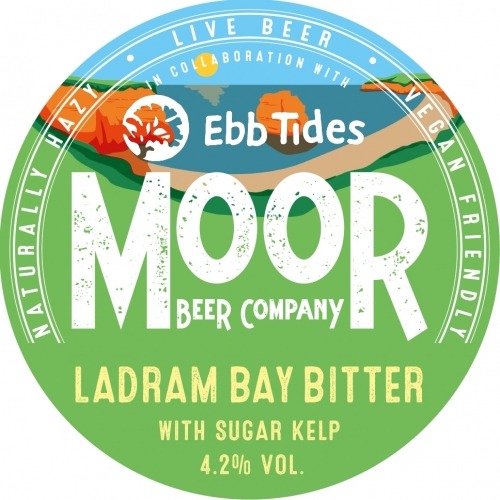What is it, how to enjoy it and how to ensure that local people in East Devon benefit.
.
A DEFINITION:
What do we mean by “Sustainable Food Tourism“? Here’s a definition from the Seaside with Emily blog and her interest in sustainable seafood:
Not everyone golfs or shops or dives, but everyone eats. Every traveller is participating in food tourism at some point. Chances are, you’ve likely participated in food tourism before – whether you intended to or not! Food tourism experiences include food tours, cooking classes, wine tastings, brewery tours, farm and producer visits, and market experiences.
Travellers today are more cultured than travellers of 20 years ago. We’re well-travelled, searching for new experiences, concerned about the environment, interested in taking part in a healthy lifestyle and have a desire to experience authentic local culture when we travel.
Research has shown that food serves to connect people with the land, its heritage and the people at a destination. It is a diverse, dynamic channel for sharing stories, forming relationships and building communities. By combining local food and drink with travel, food tourism offers both locals and visitors an authentic taste of place while contributing to a sustainable economy and local economic development.
A GUIDE:
It is, then, an important part of the tourist industry – and potentially in important part of the economy of a coastal town.
We are very pleased to publish a guest piece from consultant Reece Abney, linking to a longer Guide To Being A Food Tourist In 2024 – with very much the emphasis on the interest in ‘sustainable food tourism’:
One of the best ways to discover a new place is through their food, and this is why the popularity of food tourism is on the rise. In fact, 53% of people who travel for leisure describe themselves as food tourists.
To help your readers transform their next journey into a memorable mouth-watering experience, I’m sharing with you this guide by Original Travel on sustainable food tourism:
In this comprehensive resource, your readers will learn:
- Global impact and benefits of food tourism
- Tips for eco-friendly culinary vacations
- Explore the top 10 global dishes around the world
- Recommended resources for an enriched travel experience
Some facts your readers may find interesting include:
- The food tourism market nearly hit US$1 billion (approx. £815 million) by the end of 2023.
- Choosing a vegan diet results in 75% less emissions, water pollution, and land use than diets with over 100g of meat a day.
- 81% of travellers said that eating local food allowed them to learn about the local culture.
IN EAST DEVON
As Reece points out, this information follows on from an earlier piece looking at a possible wide-ranging strategy for rural tourism for these parts. And a year ago, Sidmouth Town Council reported on East Devon’s “Coast Meets Country” sustainable tourism project – very much a collaborative effort across the area – with more on the Coast and Country initiative to be found.
And in order to have food that is sustainable, local and authentic, we need to be both protecting local people and supporting tourism – which means looking to the interconnected issues of housing, employment and land use.
And we also need the businesses and the innovations – with the Award-winning Ebb Tides proving to be an great example of doing something very local and very authentic. And yes, this Sidmouth business picked up another regional award for its latest seaweed-based beer
A final note goes to the idea of ‘regenerative tourism’:
Going beyond the concept of ‘sustainable tourism’ which focuses on neutralizing tourism’s negative impact on the planet, ‘regenerative tourism’ is based on adding a positive impact to the local community and environment. Its successful implementation requires a shift in mindset about what going on holiday really means in today’s changing society...
…
